Let’s talk testosterone. This primary male sex hormone plays a vital role in men’s health throughout life, not just during puberty. It regulates libido, erectile function, sperm production, bone density, muscle mass, mood stability, and more.
Testosterone levels are usually highest between the ages of 20 and 30 and then steadily decline by 0.4% to 1.6% per year from the age of 30-40 years. While most men can retain normal levels as they age, 1 in 200 men under 60 years of age suffer from low levels of testosterone. Symptoms of low testosterone in men can include low libido, fatigue, depression, weight gain, muscle loss and bone loss. Low testosterone can also have a serious impact on your cardiovascular health.
While there may be a medical reason for your low testosterone that requires intervention, there are quite a few lifestyle factors that are within your control when it comes to optimising your testosterone production.
1. Manage your weight
Low testosterone levels are associated with increased fat mass (particularly central obesity) and reduced lean mass in males. These changes in body composition are linked to metabolic dysfunction, and testosterone deficiency is associated with energy imbalance, impaired glucose control, reduced insulin sensitivity and high cholesterol. Weight gain and the associated chronic diseases, such as cardiovascular disease and type 2 diabetes, are strongly linked to decreases in testosterone, particularly in middle-aged and older men. Fortunately, if you lose body fat, your testosterone production can increase again. Aiming to stay within a healthy weight range is therefore ideal for optimal testosterone production.

2. Get more sleep
Your body actually produces most of your testosterone while you sleep. So it’s no surprise that men who are chronically sleep-deprived can have lower levels of testosterone. One study examined the testosterone levels in young, healthy men after they slept eight to 10 hours for a series of nights and then restricted sleep to five hours per night for eight nights. Overall, their testosterone levels decreased by 10%-15% after the eight nights of restricted sleep. Ideally, it is best to aim for around 8 hours of quality sleep per night for optimal testosterone production.
3. Prioritise resistance training
Testosterone is important for the desired adaptations to resistance exercise and training. In fact, testosterone is considered the major promoter of muscle growth and subsequent increase in muscle strength in response to resistance training in men. Resistance training can raise testosterone levels for 15–30 minutes post-exercise. More importantly, it can benefit testosterone production in the long run by improving body composition (your ratio of muscle to fat) and reducing insulin resistance. It’s important to note, however, that overtraining is counterproductive to testosterone production. Prolonged endurance exercise has been shown to reduce testosterone levels. Ensuring adequate recovery time after each training session will help you receive the full benefits of physical activity.
4. Optimise your diet
It will probably come as no surprise that eating a nutrient-dense, balanced diet is important for healthy testosterone levels. This means prioritising whole foods and ensuring that you are getting a good balance of protein, carbohydrates and fat. While there are no particular foods that you should avoid, it is best to reduce your consumption of overly processed foods. It is also important to note that not consuming enough dietary fat has been shown to lower testosterone levels. Adding heart-healthy fats to your diet such as olive oil, avocados, and nuts is a great place to start.
CMBT Nutrition products like Reload Protein Powder are made using real, wholefood ingredients to support optimal wellbeing and recovery. Learn more about Reload Protein Powder now by clicking here.

5. Consider supplementation
Firstly, the vast majority of supplements marketed as testosterone boosters simply do not work. They are often cleverly marketed but lack any evidence of being effective. Only a few supplements have been actually shown to benefit testosterone production. Among those, the evidence mostly supports vitamin D and zinc, followed by magnesium. It is important to keep in mind though that supplementing with a vitamin or mineral is likely to help you only if you suffer from a deficiency in that particular vitamin or mineral and that correcting a deficiency is more likely to raise your testosterone levels if they are low.
CMBT Octane was designed to help you bridge any gaps in nutritional deficiencies, by being packed with vitamins, minerals and antioxidants, as well as 6 adaptogenic mushrooms to help you perform at your best, everyday. Click here to learn more about CMBT Octane.
TAKEAWAY MESSAGE
The recommendations discussed in this article will work best for men with low testosterone, but they can also help men with normal testosterone to maintain healthy levels. To optimise your testosterone production, make sure you get enough quality sleep on a daily basis, incorporate some resistance training into your workout program, and monitor your weight. Try to get enough vitamin D, zinc, and magnesium through your diet, or through supplementation.
Not all testosterone deficiencies can be fixed through lifestyle or supplement interventions. If you are concerned about your testosterone levels, please see your doctor.



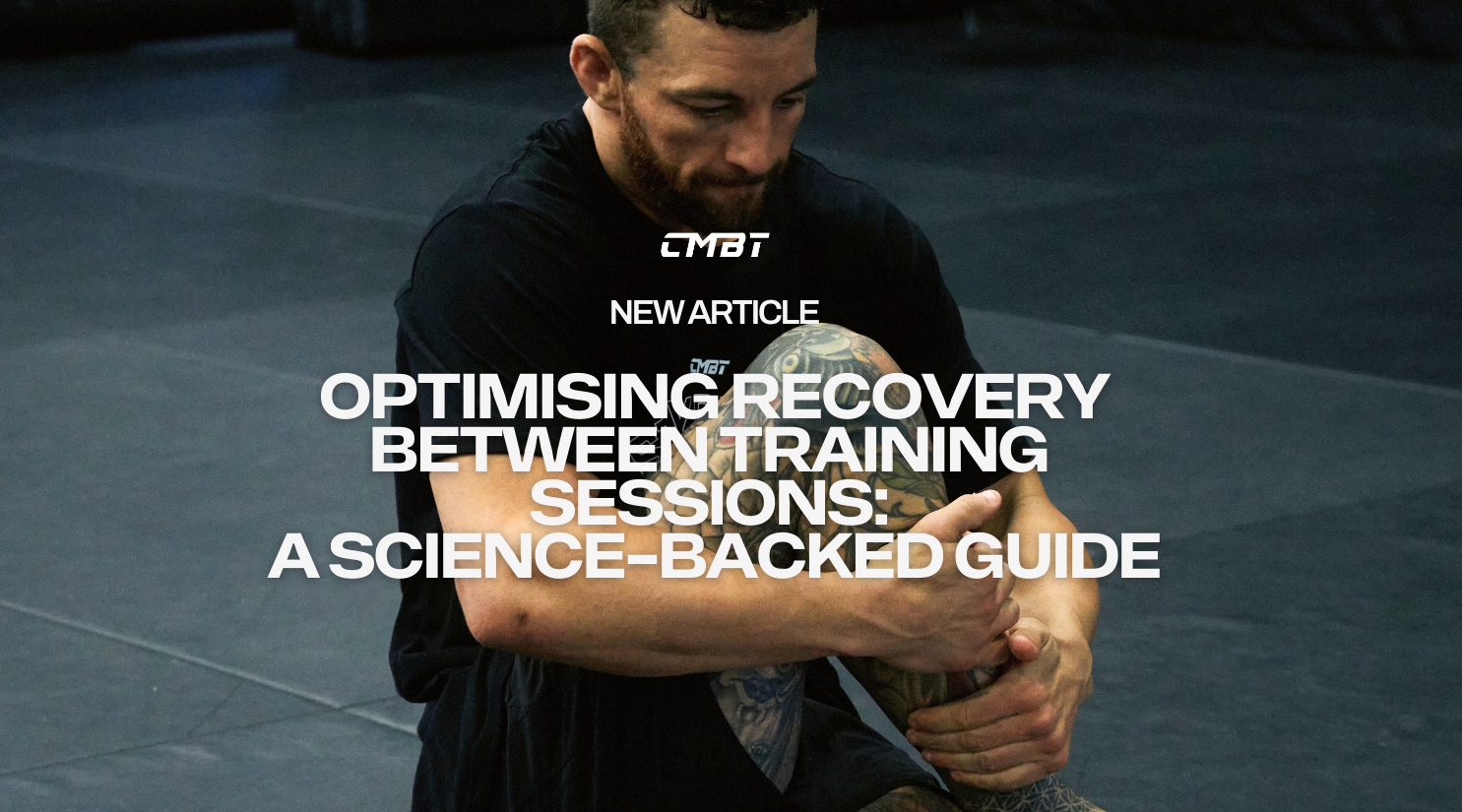




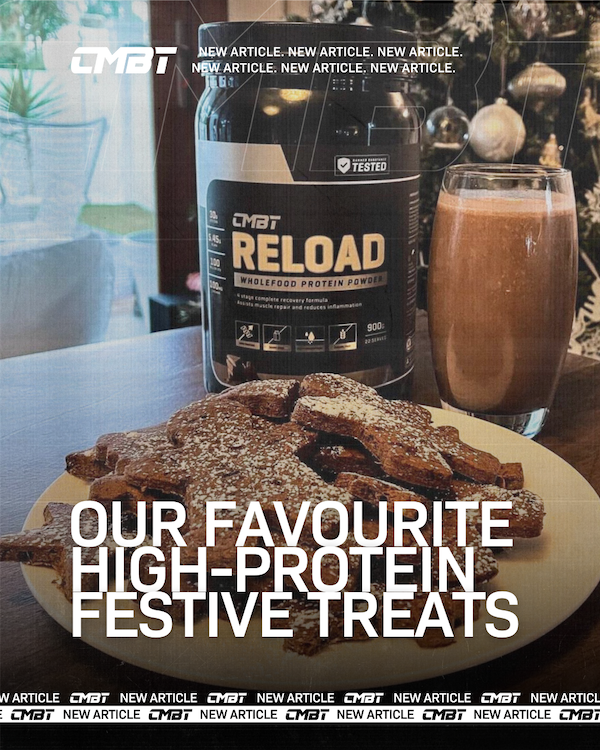

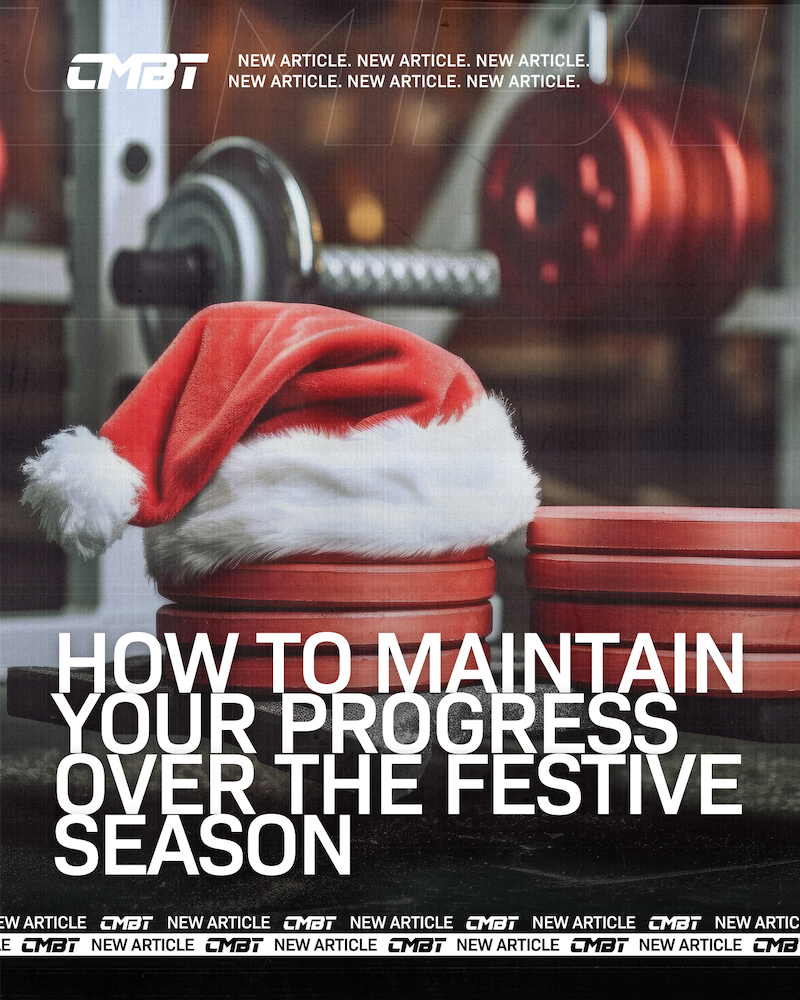






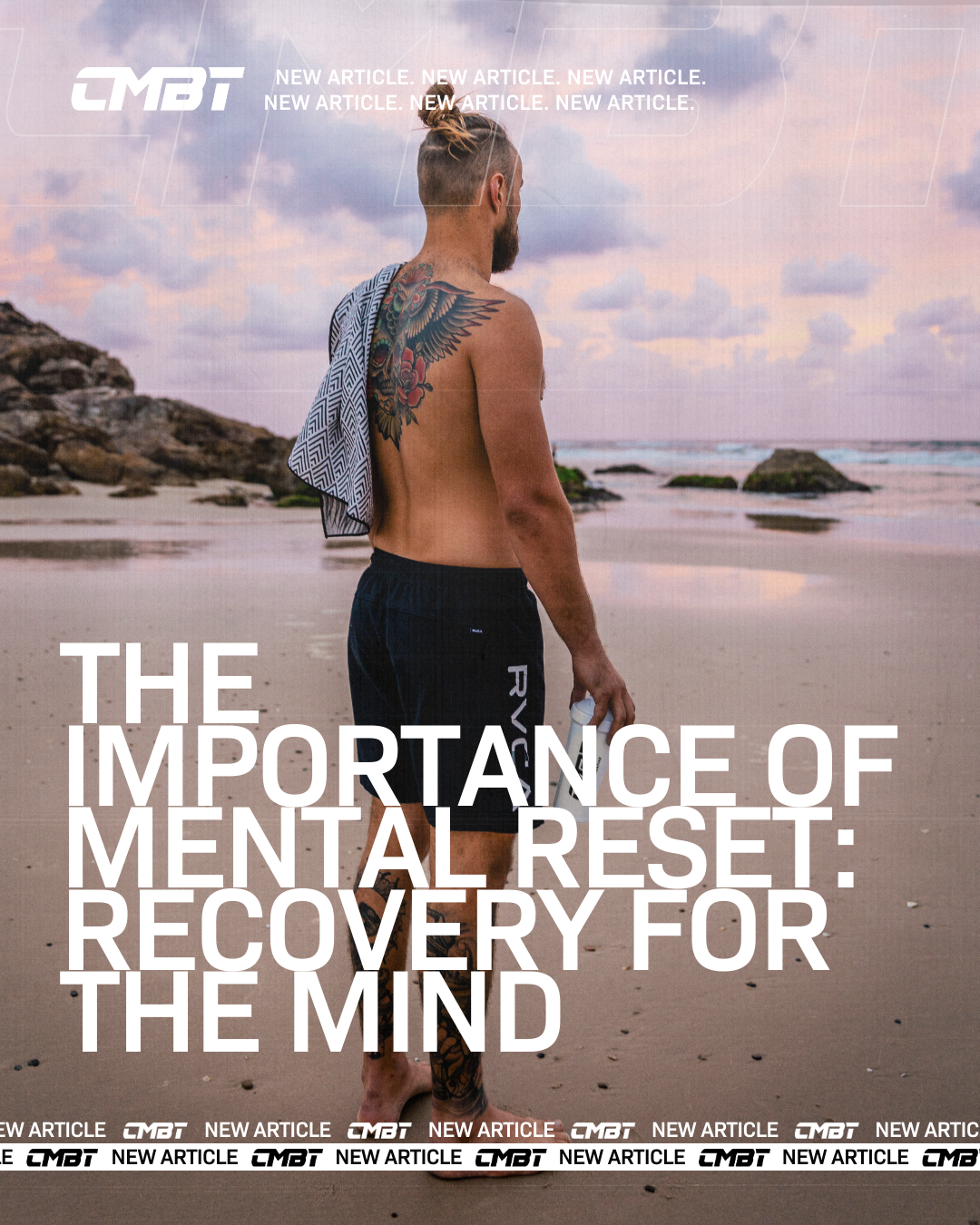
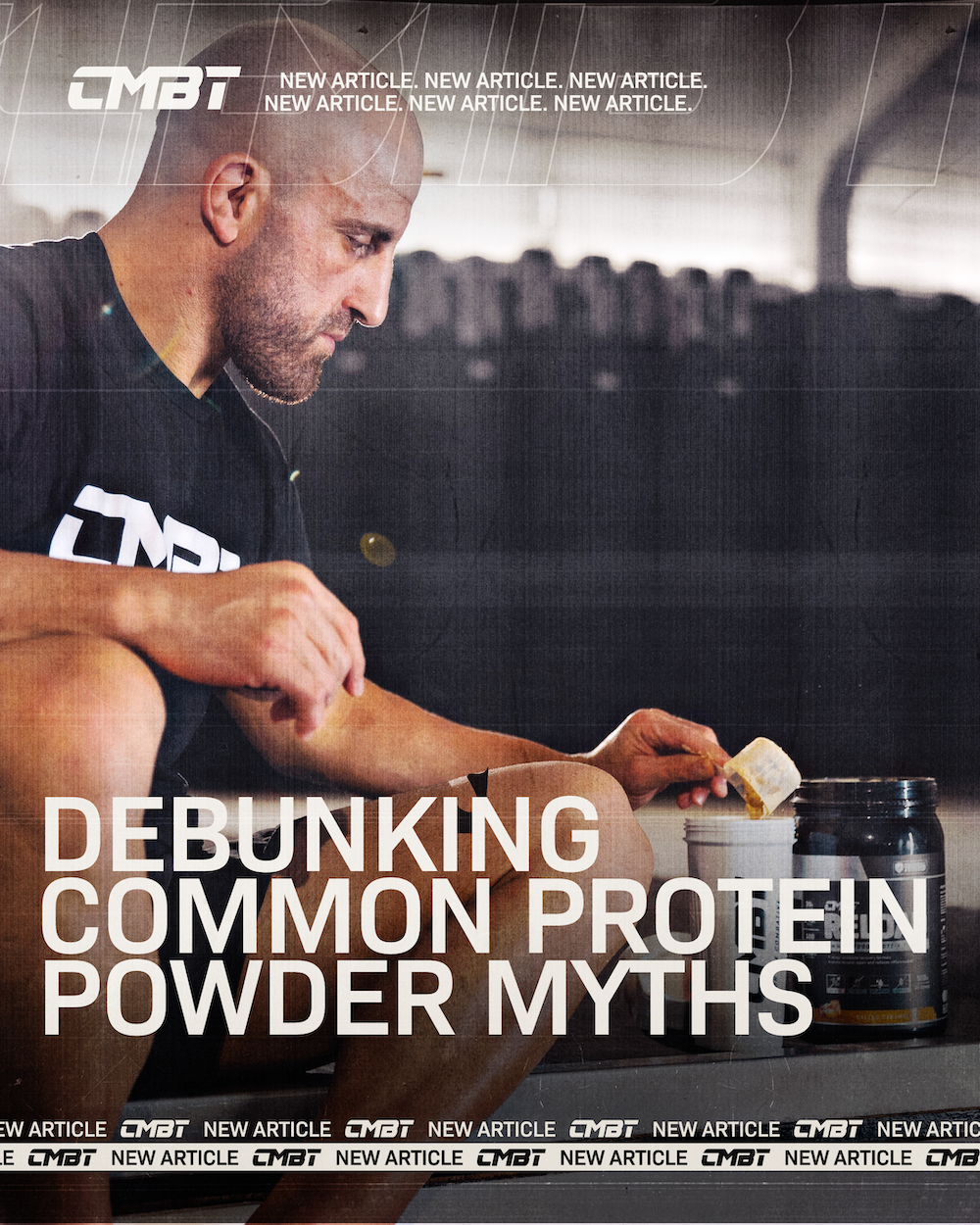






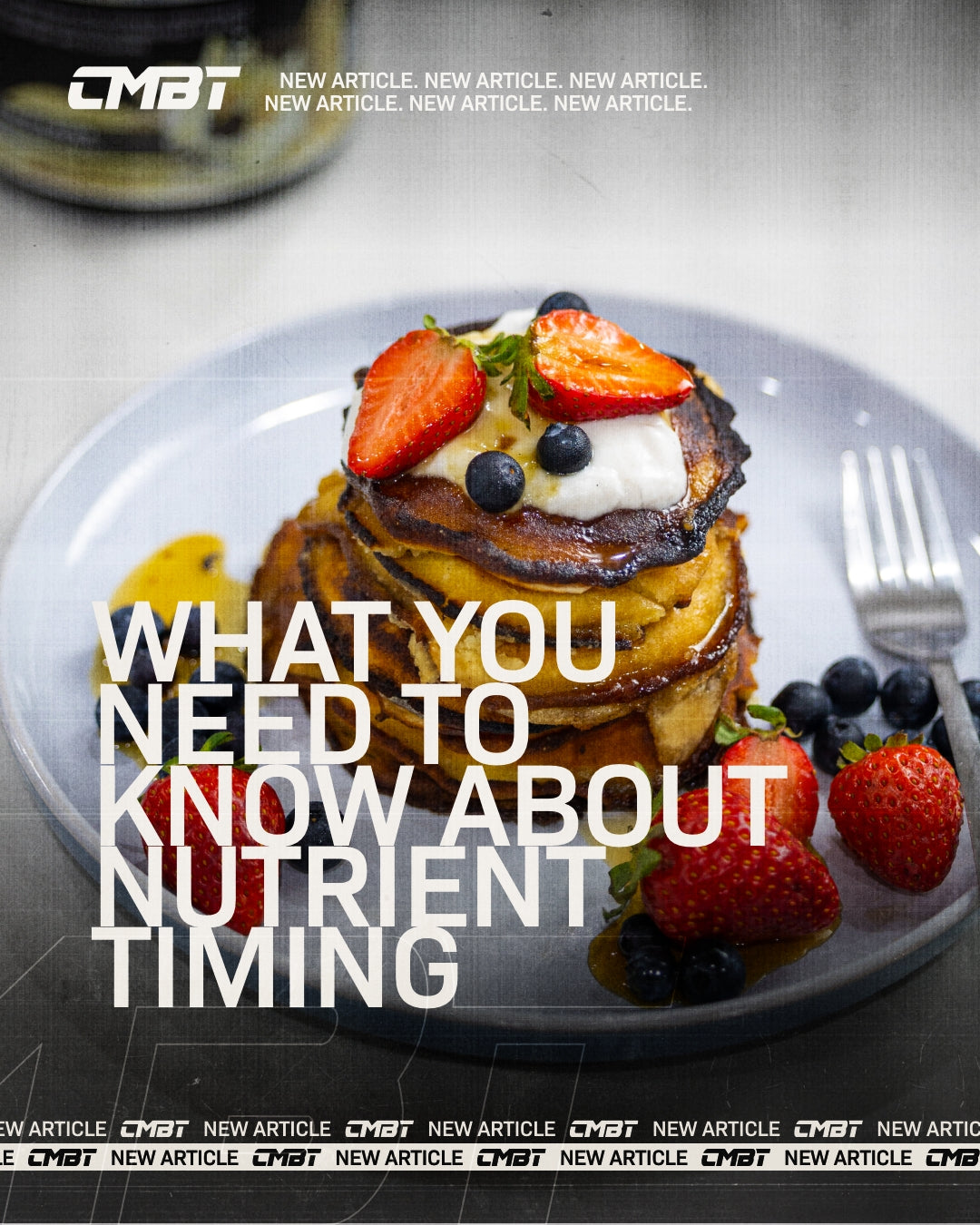



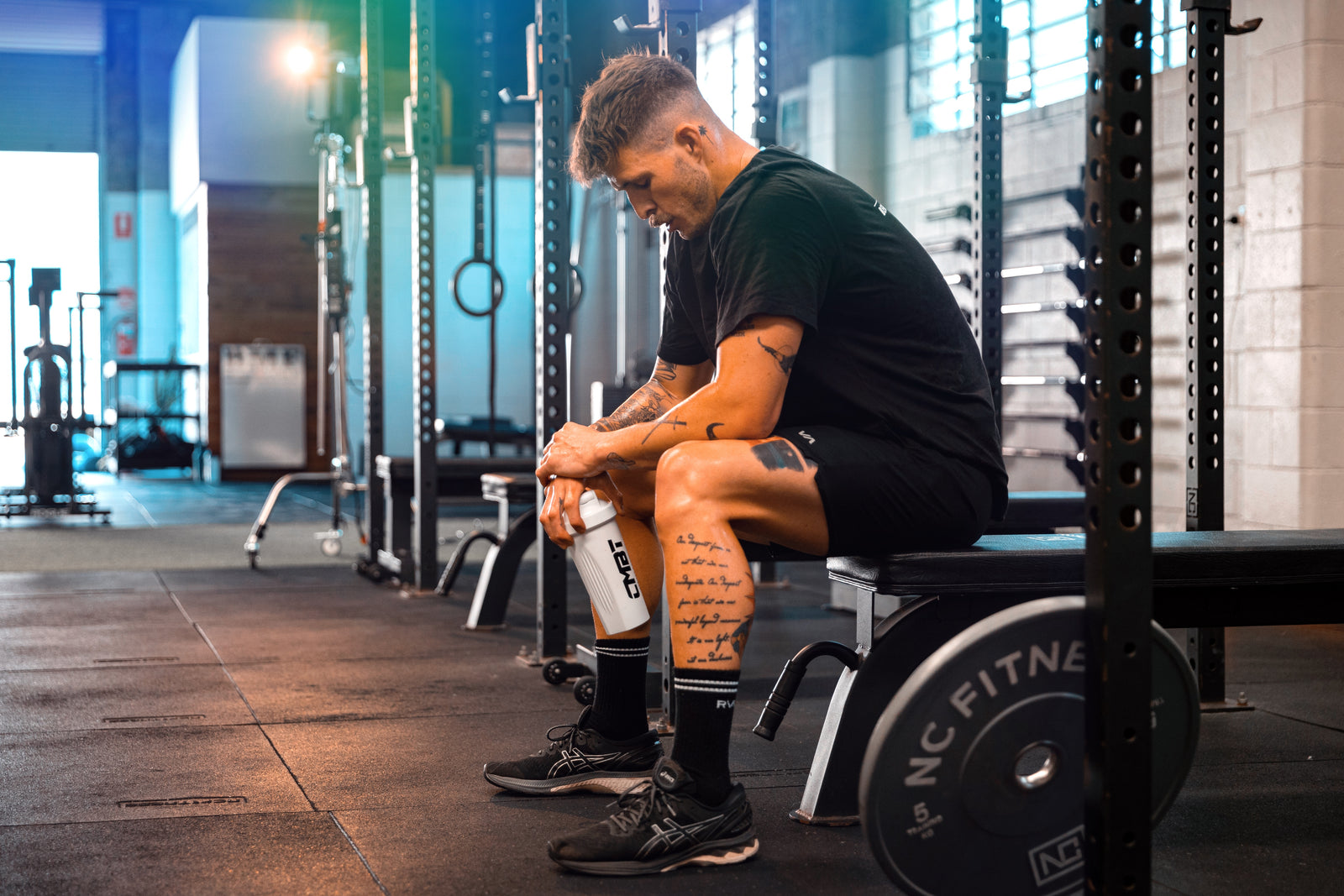

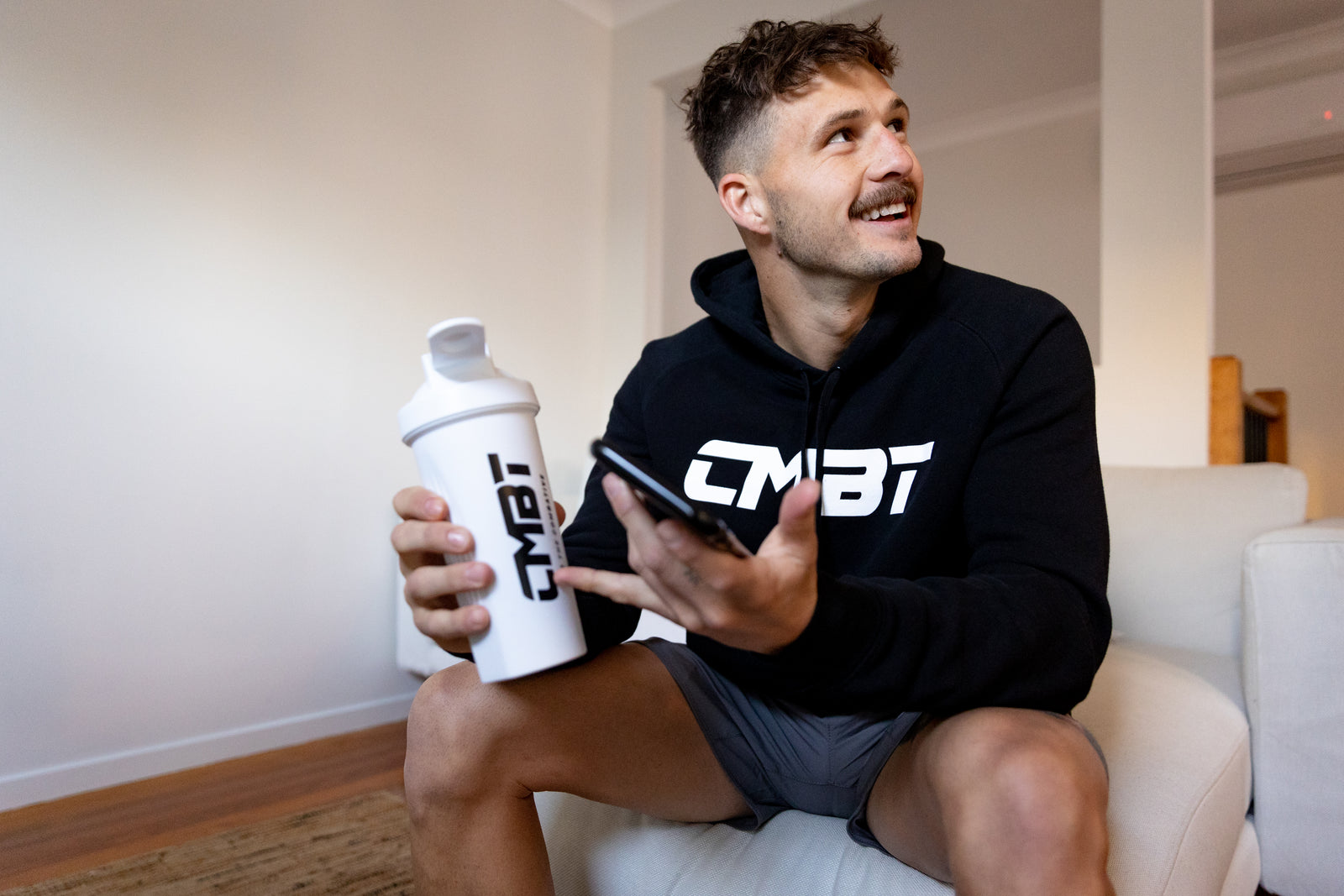

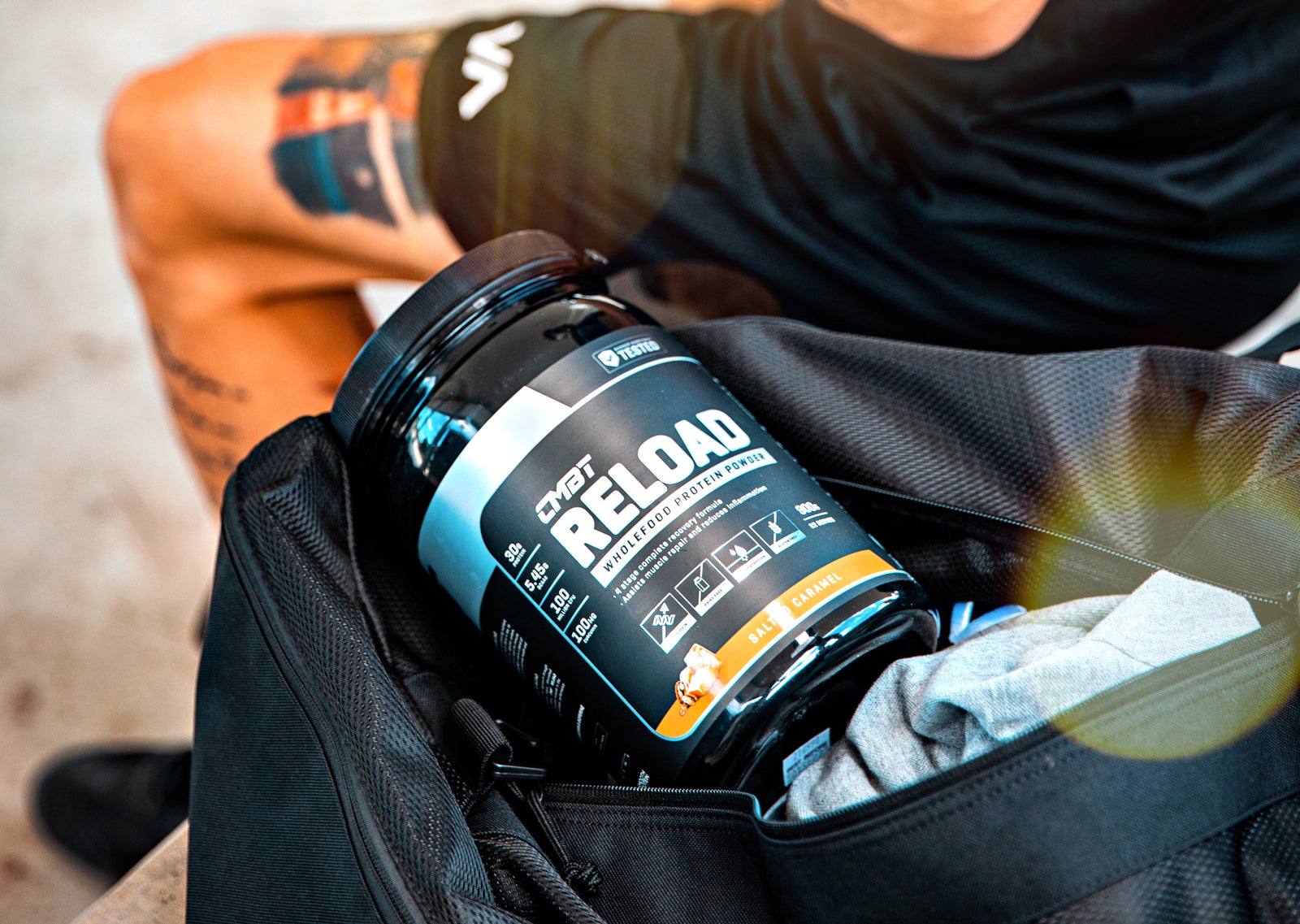



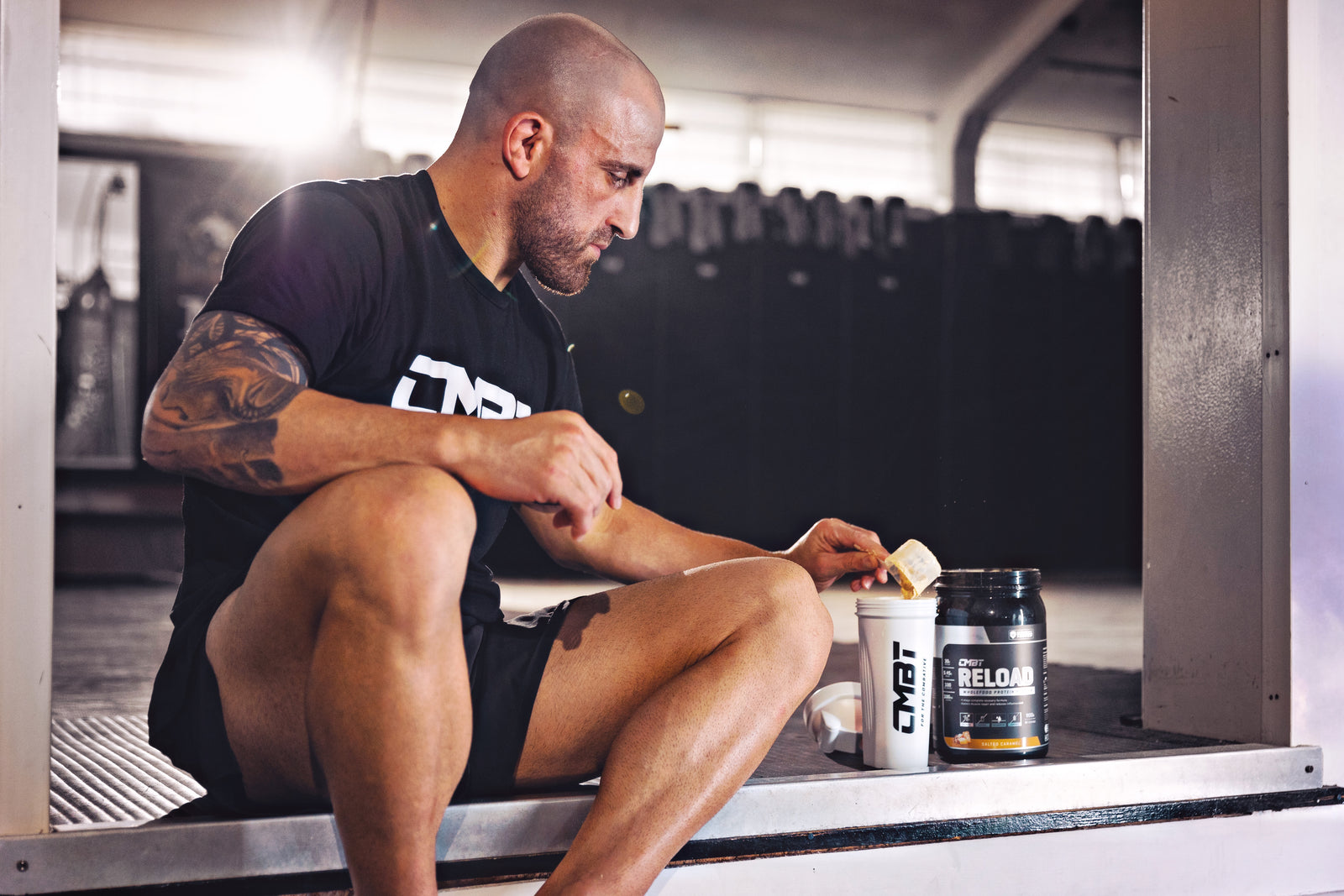








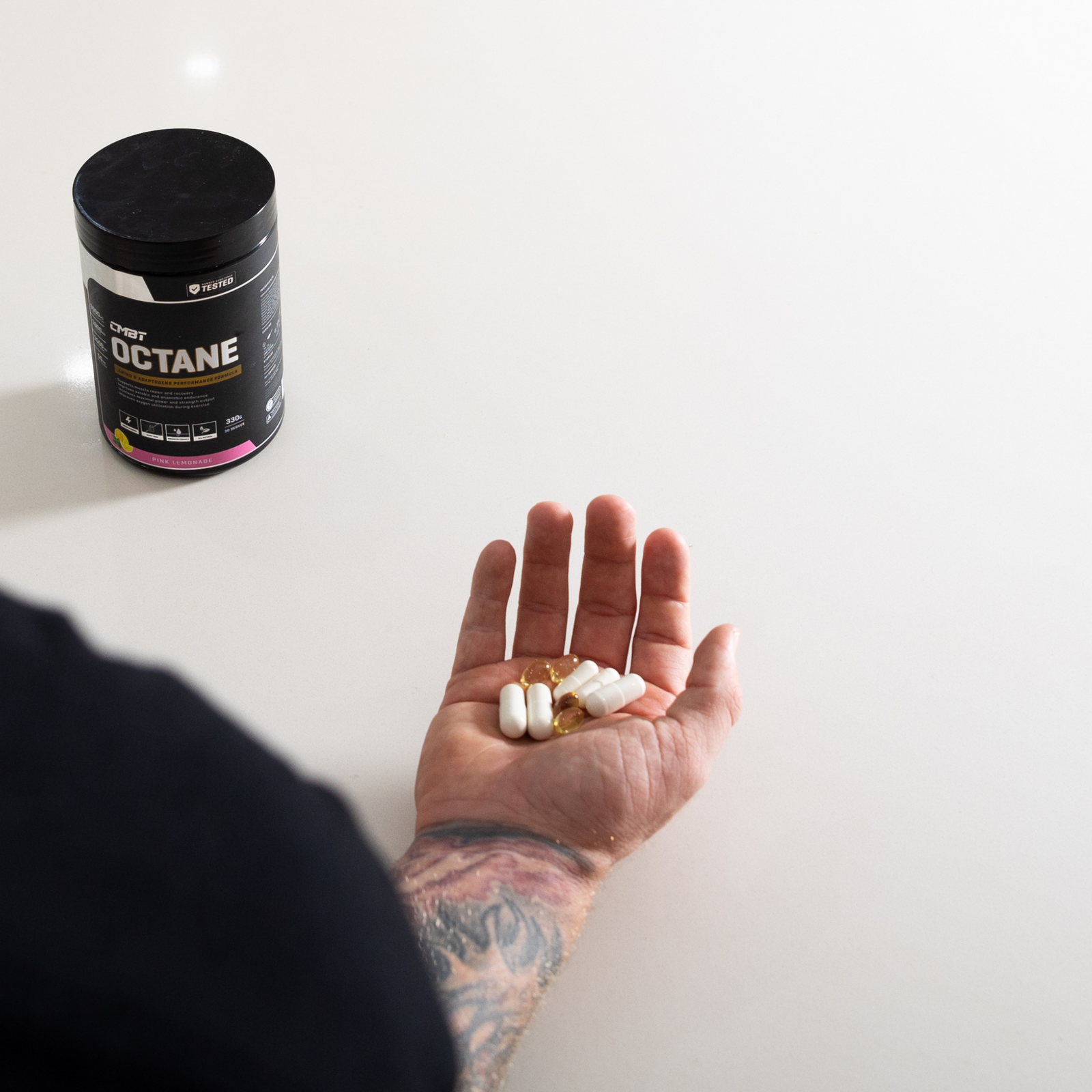


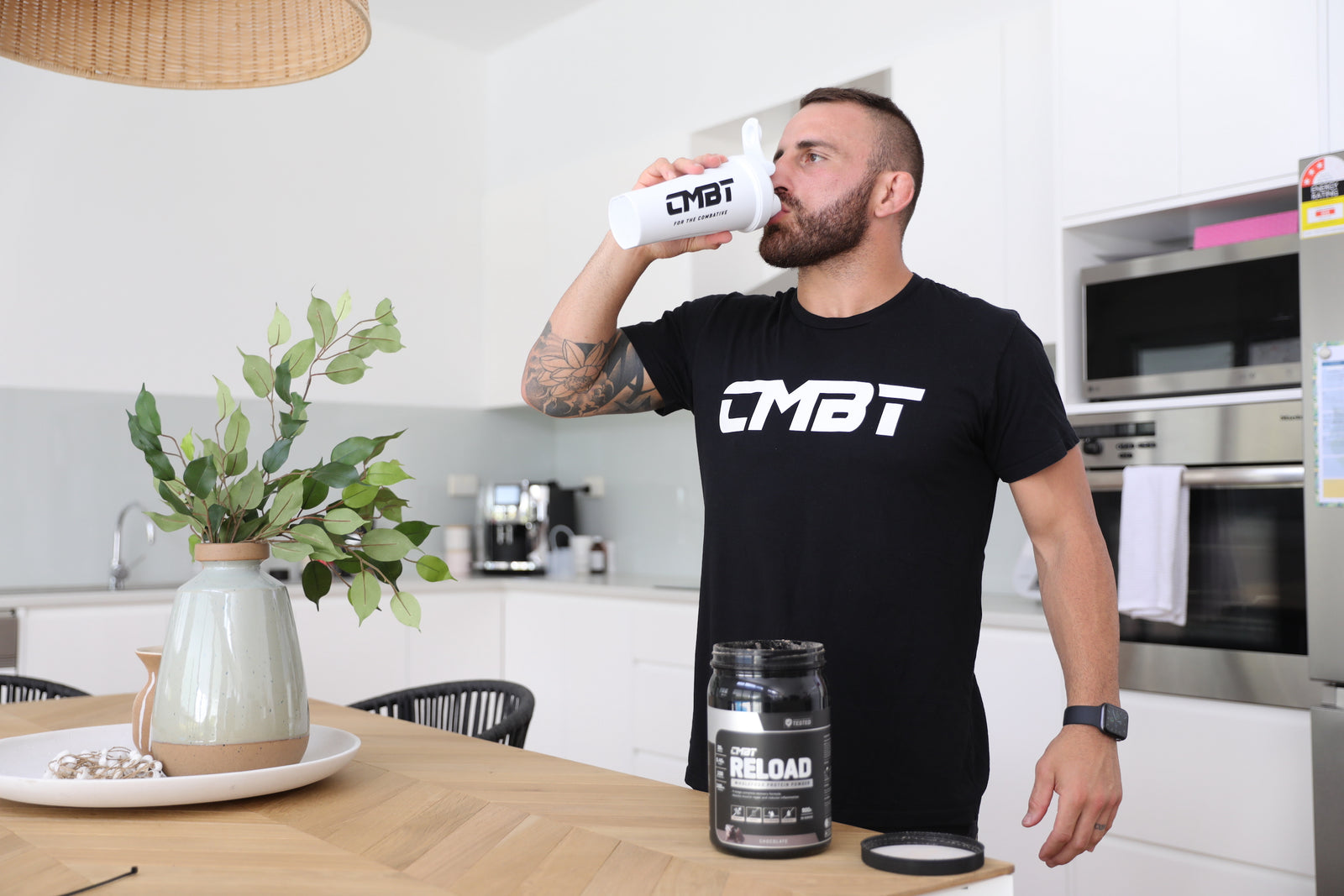
![[VIDEO] Fuel Your Passion feat. Sami Locke](http://cmbt.com.au/cdn/shop/articles/Sami.jpg?v=1625826844&width=1600)